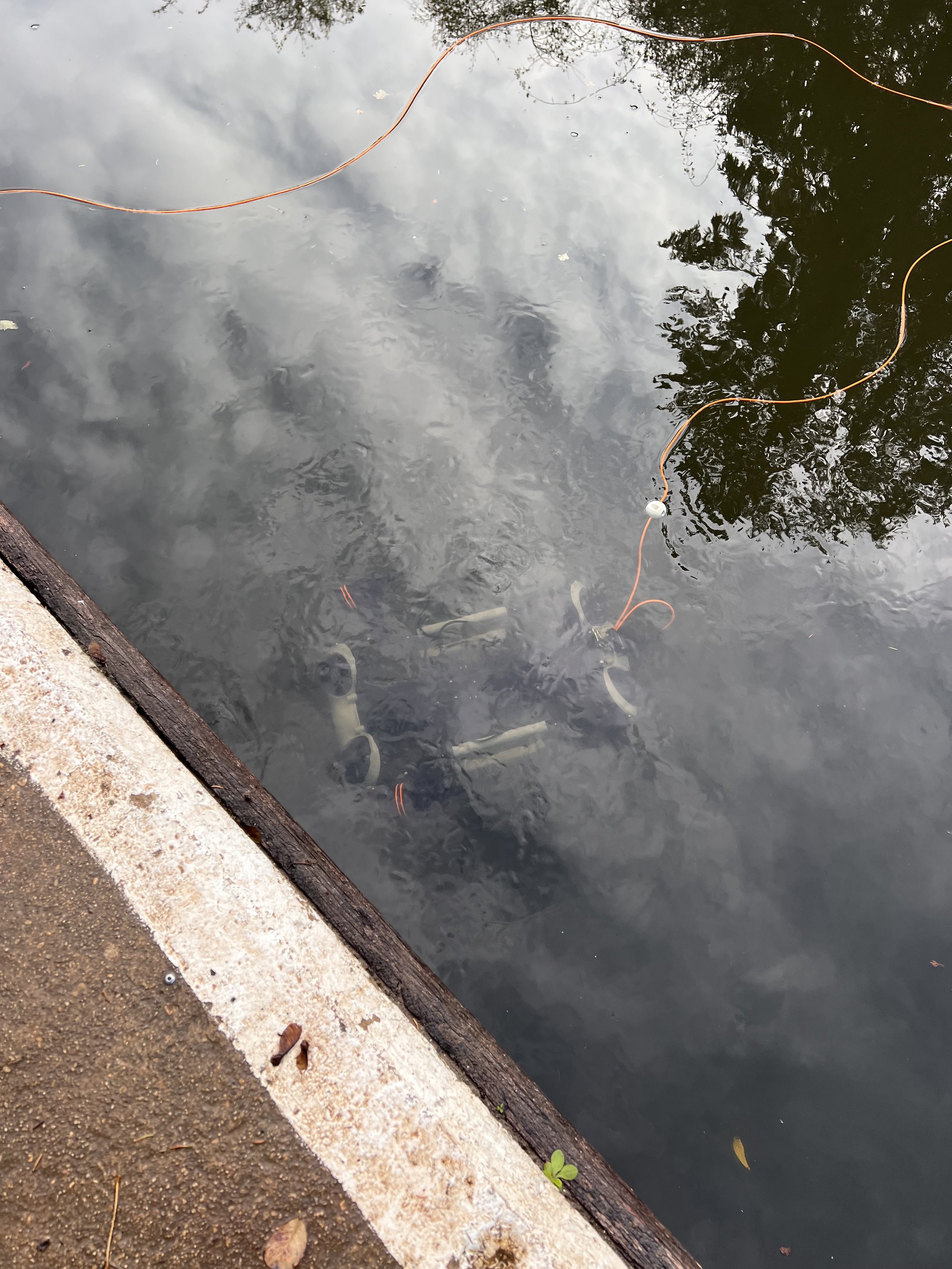Importance of Underwater ROVs for Missing Persons and Search and Rescue Operations
Underwater remotely operated vehicles (ROVs) are used extensively in search and rescue operations for missing persons. They provide a safe and efficient way to search underwater environments and can significantly increase the chances of finding a missing person. This report discusses the importance of using underwater ROVs for missing persons, search and rescue operations, and the importance of well-trained operators to ensure successful operations.
Importance of Underwater ROVs for Missing Persons and Search and Rescue Operations:
Improved Safety: Using underwater ROVs can significantly enhance the safety of search and rescue operations by reducing the need for human divers to enter dangerous and often unpredictable aquatic environments.
Increased Efficiency: Underwater ROVs are equipped with high-quality cameras and sensors that can quickly search large areas and provide real-time feedback to the operators, increasing the efficiency of search and rescue operations.
Greater Reach: Underwater ROVs can reach depths that are unsafe for human divers, allowing search and rescue teams to explore otherwise inaccessible areas.
Evidence Collection: Underwater ROVs can also collect evidence and locate items related to the missing person or incident, aiding the investigation.
Importance of Well-Trained Operators:
Operator Skill: Operators of underwater ROVs must be well-trained and have experience operating ROVs in different aquatic environments. They should also have a good understanding of the technical aspects of the ROV and be able to troubleshoot any issues that arise during operations.
Safety Measures: Operators should be trained in safety measures to ensure the ROV's safe operation and minimize risks to themselves and others.
Effective Communication: Effective communication is essential between the operator and the search and rescue team to ensure that the ROV is used most effectively to maximize the chances of finding the missing person.
Technical Expertise: Operators need to have technical expertise in the operation and maintenance of the ROV, including knowledge of the software, sensors, and cameras.
Improvements and Training Implementation Plan:
Develop a Comprehensive Training Program: A comprehensive training program should be developed for operators that covers both the technical and operational aspects of using underwater ROVs.
Establish Standard Operating Procedures (SOPs): Standard operating procedures should be established to ensure consistent and safe operations.
Conduct Regular Training and Drills: Regular training and drills should be conducted to maintain operator skills and ensure they are familiar with the latest technology and equipment.
Collaborate with Other Agencies: Collaboration with other agencies involved in search and rescue operations can help ensure that all operators are trained to the same standards and use similar equipment.
Provide Continuing Education: To keep operators up-to-date with the latest technology and techniques, continuing education programs should be provided to operators.
Conclusion:
Underwater ROVs are a valuable tool in search and rescue operations for missing persons. They offer improved safety, increased efficiency, and greater reach. However, well-trained operators are critical to ensuring successful operations. Therefore, a comprehensive training program, standard operating procedures, regular training and drills, collaboration with other agencies, and continuing education programs are essential to a successful underwater ROV program. By implementing these measures, search and rescue operations can be conducted safely and effectively, increasing the chances of finding missing persons and providing closure to their families and loved ones.


